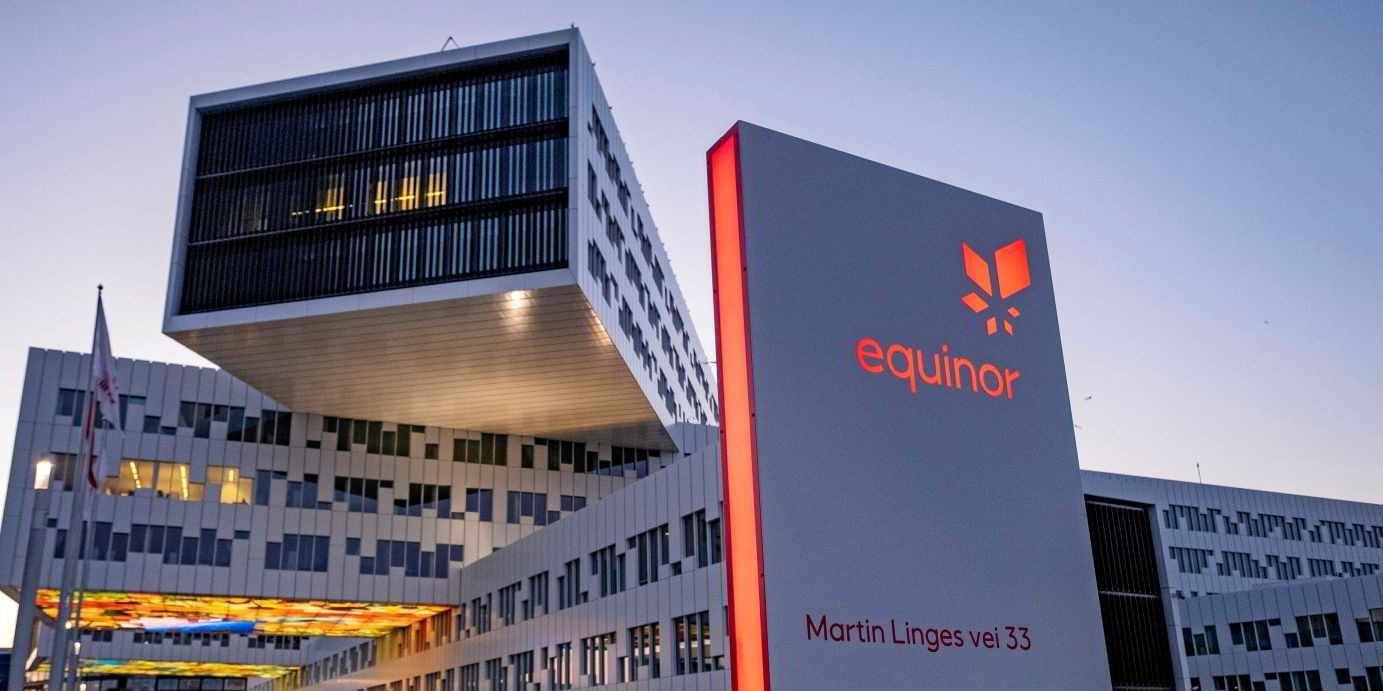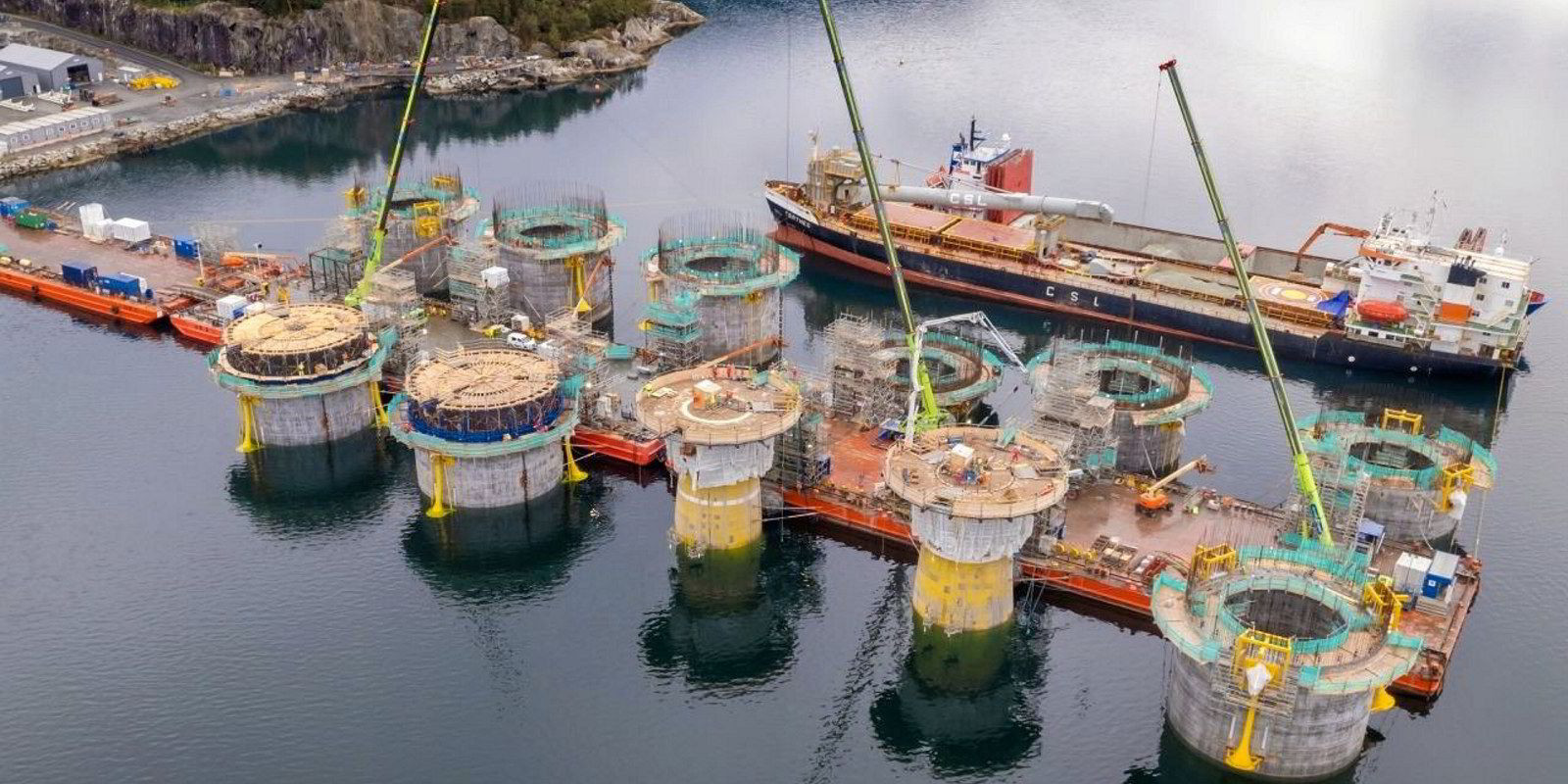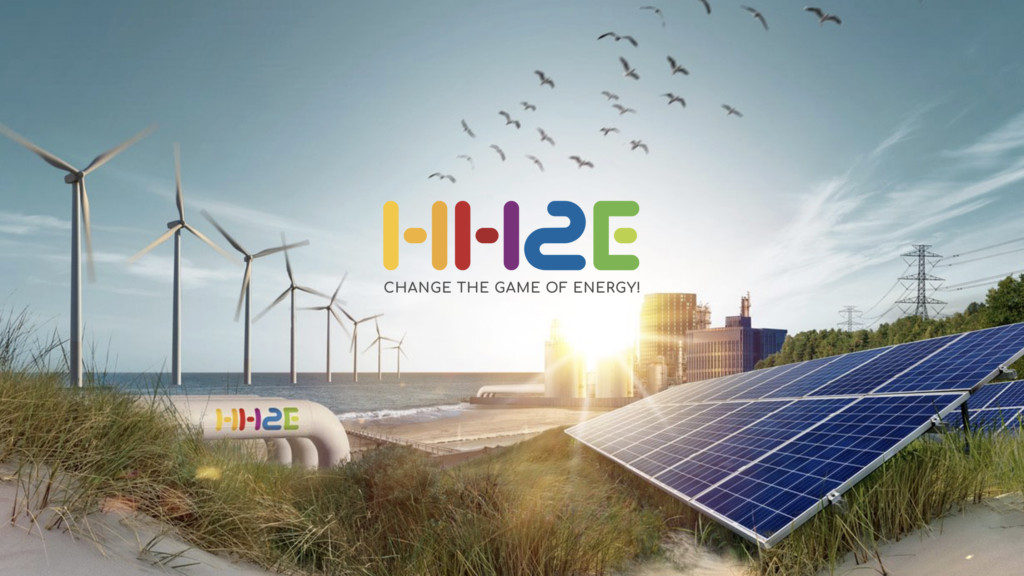Norwegian energy giant Equinor has scrapped plans to produce so-called blue hydrogen, citing high costs and insufficient demand. This decision will raise concerns over Equinor’s plans in the UK, where it is heavily involved in a number of hydrogen projects.
Two years ago, Norway’s Equinor and Germany’s RWE agreed to construct a complete supply chain for the decarbonized hydrogen, in a move that was seen at the time as a clear step towards reducing harmful emissions. Under this plan, Equinor had pledged to generate low-carbon hydrogen from natural gas, known as blue hydrogen, in combination with carbon capture and storage (CCS) in Norway. The hydrogen produced would then be exported to hydrogen-ready power plants in Germany.
The project would have included building the world’s first offshore hydrogen pipeline, to run between Norway and Germany. However, the ambitious plan has now been abandoned, according to the Telegraph. The newspaper report commented that the decision was seen as “a huge blow to the many proponents of hydrogen who see it as a mainstay of decarbonization.”
“The hydrogen pipeline hasn’t proved to be viable. That also implies that hydrogen production plans are also put aside,” Equinor’s spokesman Magnus Frantzen Eidsvold reportedly told Reuters. “We have decided to discontinue this early phase project.”
Hydrogen, which can be made from water using renewable energy, has been seen as a potential energy source as the world attempts to transition to “net zero,” particularly for heavy industry and vehicles travelling long distances where recharging batteries may prove difficult.
However, concerns about the viability of producing hydrogen at scale have always dogged the industry, the report said.
Aside from the pipeline feasibility issues, the problem for Equinor’s German project was that it could not find enough customers to buy the hydrogen it proposed to produce. Eidsvold said Equinor also couldn’t continue maturing the project without firm long-term commitments from European buyers to import hydrogen. “We are not able to make this kind of investment when we don’t have long-term agreements and the markets in place,” Eidsvold said.
Plans to develop hydrogen-ready gas power plants in Germany with RWE will go ahead but hydrogen for those plans will be procured on the Continent, not exported from Norway. Equinor will reportedly continue other early phase hydrogen projects, such as in the UK and the Netherlands. However, this decision will raise questions over their future too. According to the report, the decision to abandon the Norway-Germany project will raise concerns over Equinor’s plans in the UK, where it is heavily involved in a number of hydrogen projects.
Earlier this year Equinor, along with Centrica and SS, launched plans for a collaboration of multiple low-carbon hydrogen projects on the north bank of the Humber, part of a Humber Hydrogen Hub. These plans included the transformation of the Easington gas terminal and a hydrogen production facility.
Additionally, Equinor has announced plans for a dedicated hydrogen pipeline that would link Easington to Equinor’s proposed H2H Saltend hydrogen production facility at Saltend Chemicals Park, as well as to a proposed hydrogen storage facility at Aldbrough on the East Yorkshire Coast.
However, there are growing concerns that the UK has been extremely slow at developing a hydrogen economy, meaning there are few customers for such projects.
The Future of Hydrogen: A Challenge for the Industry?
Equinor’s decision to abandon its blue hydrogen project signals a growing trend in the energy industry. Shell, another energy giant, recently scrapped plans for a hydrogen plant on Norway’s west coast, citing a lack of demand. These developments raise questions about the future of hydrogen as a key energy source, particularly given the high costs of production and the limited availability of customers. While hydrogen is widely seen as a potential solution to the challenge of decarbonization, it is clear that there are still significant obstacles to overcome.
The Challenges of Blue Hydrogen
Blue hydrogen, which is produced from natural gas, has been touted as a less expensive alternative to green hydrogen, which is made by electrolyzing water using renewable energy. However, concerns have been raised about the environmental impact of blue hydrogen production, as it still relies on fossil fuels. Carbon capture and storage (CCS) technology is used to capture and store the CO2 emissions, but the efficiency of CCS is still a subject of debate.
What’s Next for Hydrogen?
The challenges facing the hydrogen industry are complex and require innovative solutions. Government policy plays a crucial role in supporting the development of a robust hydrogen economy, by providing incentives for investment and building the necessary infrastructure. At the same time, the industry needs to continue to invest in research and development to improve the cost-effectiveness and sustainability of hydrogen production. Only with concerted efforts across governments and industry stakeholders can hydrogen truly become a viable energy source for a sustainable future.



















